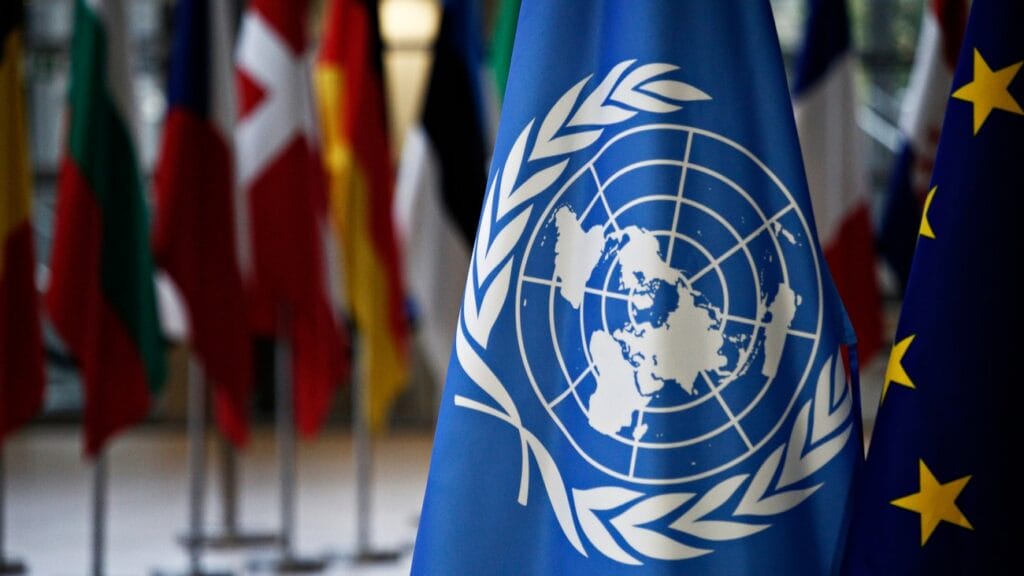With less than five years until the deadline for achieving the Sustainable Development Goals (SDGs), the UN presents a worrying assessment: the planet is significantly behind. The annual report on the progress of the 2030 Sustainable Development Agenda, recently published in New York, reveals that only 35% of the SDGs are on track or progressing at a moderate pace. Nearly half are progressing too slowly, while 18% are experiencing setbacks.
Facing multiple challenges – poverty, hunger, climate change, inequalities, armed conflicts, and geopolitical crises – the ambitious program adopted in 2015 now seems hindered by a weakened global dynamic.
Poverty, climate, and conflicts: major obstacles
The report notably highlights that more than 800 million people still live in extreme poverty, while two billion lack access to safe drinking water. At the same time, 2.3 billion people suffer from food insecurity, and 3.4 billion are deprived of access to decent sanitation facilities.
The impact of climate disruption is equally concerning. The year 2024 has been the hottest ever recorded, with an average temperature 1.55 °C higher than pre-industrial levels. Armed conflicts, for their part, caused the deaths of nearly 50,000 people during the same year.
A necessary global mobilization
For UN Secretary-General António Guterres, “the time is for global urgency,” and only resolute collective action will put the SDGs back on track. He calls for rethinking the international financial architecture, addressing debt crises, and tripling the lending capacities of multilateral development banks.
The report identifies six priority areas for sustainable transformation: food systems, access to energy, digital transformation, education, employment and social protection, as well as climate action and biodiversity.
A colossal financing deficit
But this transformation requires colossal resources. The global financing deficit to achieve the SDGs is estimated at over 4 trillion dollars per year, according to the vice-president of ECOSOC, Lok Bahadur Thapa. Large-scale financial mobilization thus becomes essential.
The HLPF to revive the 2030 agenda
It is in this critical context that the High-Level Political Forum on Sustainable Development (HLPF) is taking place this week in New York, the main UN platform dedicated to monitoring the 2030 Agenda. Bringing together member states, international institutions, the private sector, and civil society, the Forum aims to rekindle political momentum around the SDGs by emphasizing sustainable, inclusive, and evidence-based solutions.
This edition will particularly focus on five key goals:
- SDG 3: Good health and well-being,
- SDG 5: Gender equality,
- SDG 8: Decent work and economic growth,
- SDG 14: Life below water,
- SDG 17: Partnerships for the goals.


